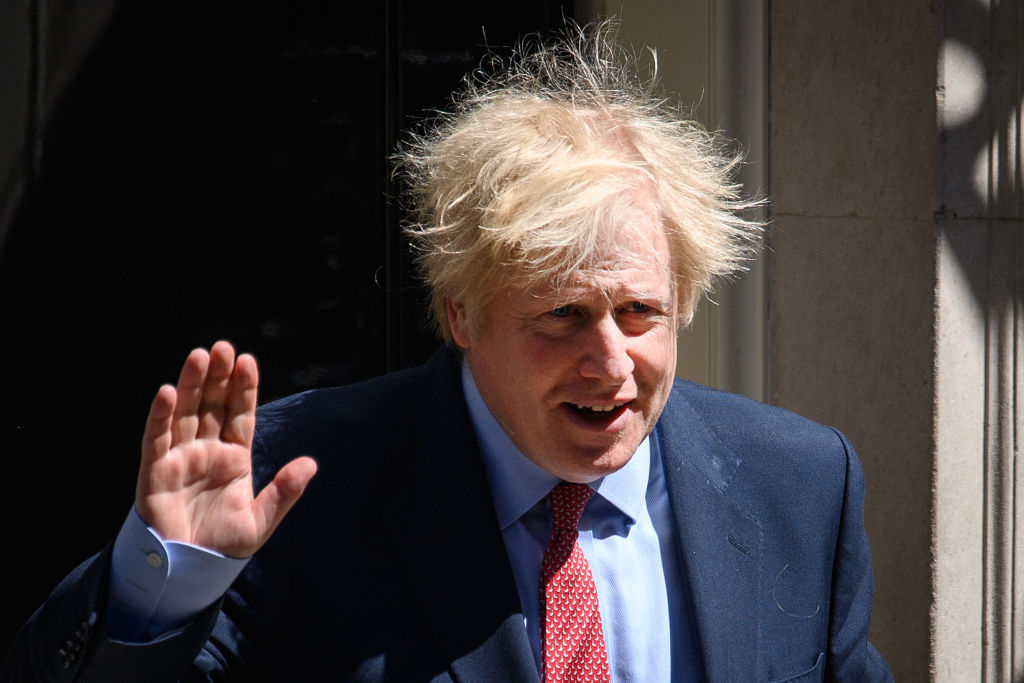When coronavirus first struck, the assumption was that it would lead to an extension to the Brexit transition. After all, negotiating rounds had to be cancelled as it wasn’t feasible to have large numbers of people travelling back and forth between London and Brussels and crowding into meeting rooms. But the negotiations are now taking place by video conference and the UK government is determined not to extend the transition period beyond the end of the year.
The UK’s view is that the differences between the two sides are so high level that they won’t just be solved by putting more time on the clock. As I say in the magazine this week, there is also a view that 2021 will be about a post corona reconstruction job and that there is no point in ‘asking the economy to transform twice’, once within EU rules and once without them.
The view at the heart of government is that coronavirus means the costs of leaving without a trade deal are lower than they have ever been. As one Cabinet Minister, who campaigned for Remain, argues ‘the costs of an Australian-style deal have dropped massively’ as so many supply chains have already been disrupted. This means that the UK will take a tough line in these negotiations. Compounding this is the sense that as the UK tries to reconstruct its economy after coronavirus there is a real benefit to having as much flexibility as possible.
Boris Johnson still wants a deal – and still thinks he’ll get one. His optimism is based on both sides being pragmatic in the end. But the problem is his and the EU’s views of what is pragmatic are very different. That gap might be too big to bridge.







Comments